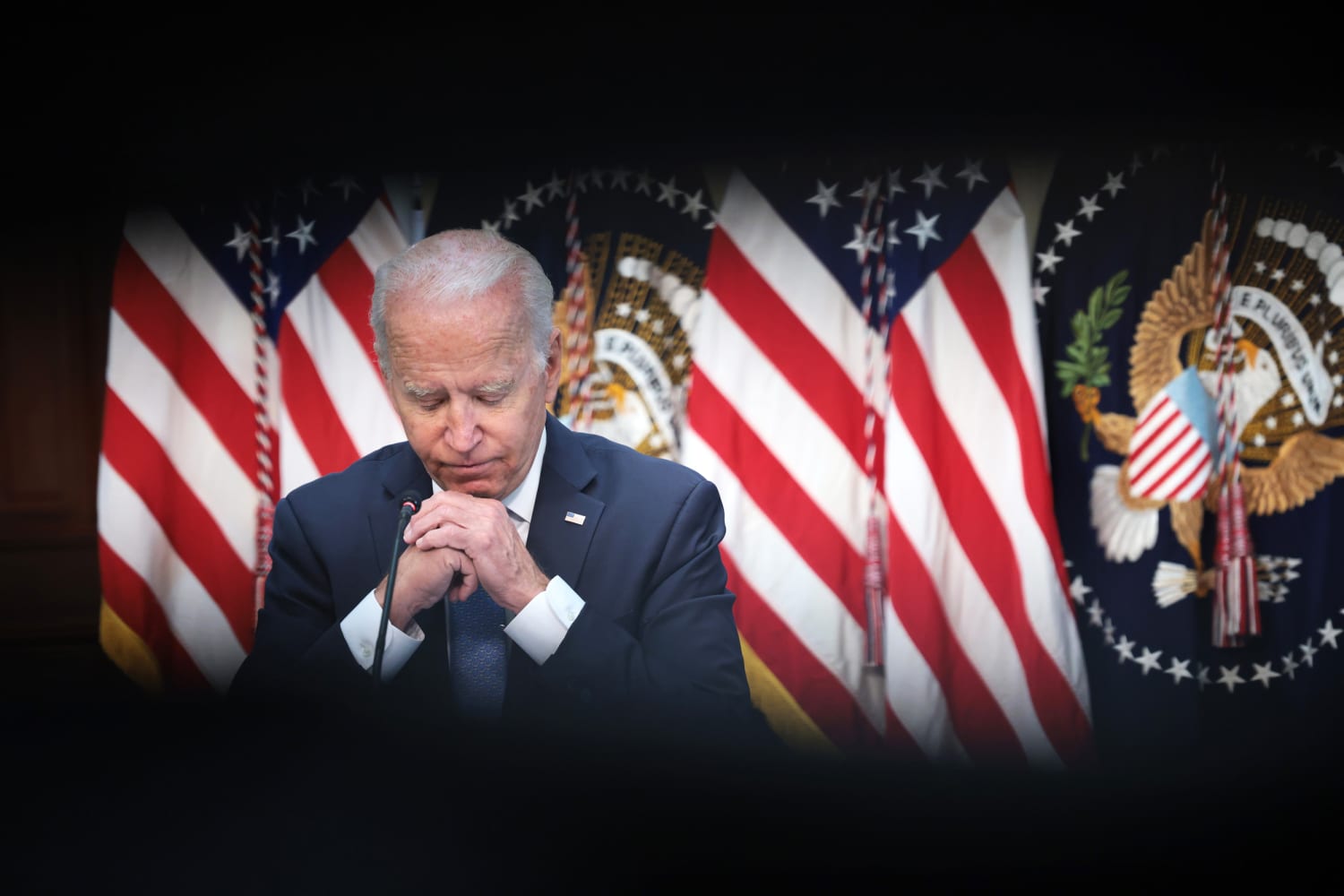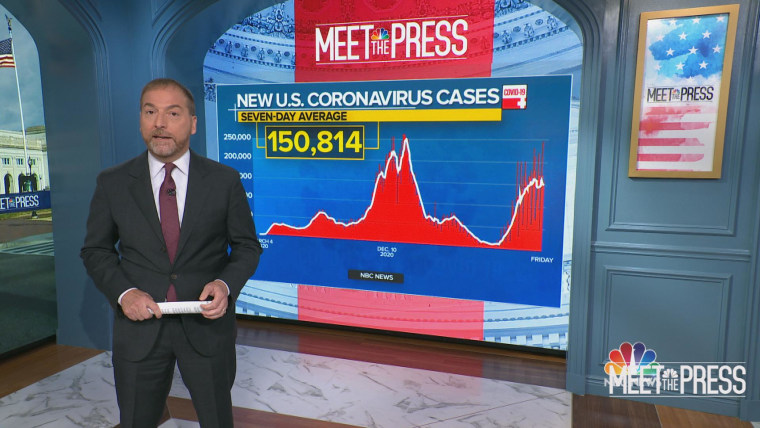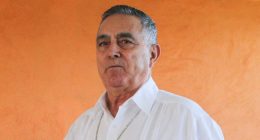WASHINGTON — This is the week President Joe Biden had flagged for the launch of a massive coronavirus booster campaign that would eventually reach every vaccinated individual in the country. Instead, he’s facing a booster effort bogged down in criticism and confusion at home and abroad.
The decision last week by FDA advisers to recommend booster shots only for those over age 65 or at special risk, rather than the president’s public preference of everyone 16 years and older, followed a month of controversy that included the resignation of two top FDA scientists and criticism by outside medical experts that the White House appeared to be pressuring the agency to greenlight boosters for all.
Once again, Biden found himself taking heat for an artificial deadline, with medical experts questioning the decision to put a public timeline on the widespread availability of booster shots.
“I think it would have been one thing to say, look, logistically, operationally the big retail pharmacy chains, departments of health, hospital system need to be prepared for giving boosters — but for it to be a communicated to the general public ‘boosters are coming Sept. 20’ is a very different thing,” said Celine Gounder, an infectious disease expert who advised the Biden transition. “I think that is where that communication went wrong.”
Biden and his top public health officials made the highly unusual move of announcing in August, ahead of the standard FDA review process, that those 16 years and older would start receiving booster shots the week of Sept. 20. But a panel of FDA advisers on Friday rejected that plan, voting that boosters should only be given to senior citizens and those at increased risk of infection.
Although Biden announced the booster plan and timeline during a televised address, White House officials have sought to distance him from the effort in recent days, stressing that the decision was one made by his top health officials, including the acting FDA commissioner and CDC director.
At the time the administration announced the plan, officials said it was contingent on getting the signoff from the FDA and a group of CDC advisers who will weigh in next week. Surgeon General Vivek Murthy said Friday that the administration would follow the FDA and CDC recommendations.
“We have always said that this initial plan would be contingent on the FDA and the CDC’s independent evaluation,” he said. “We will follow that evaluation and their recommendations, we will make sure our final plan reflects it.”
Still, more than a million people have already received a third dose of the vaccine, which has only been cleared to be given as a booster for people with immune system disorders, with a sharp rise in numbers after officials announced their booster plan.
White House Covid coordinator Jeffrey Zients defended the administration’s decision to put out its own plan on boosters ahead of the FDA saying it was an attempt to be transparent about the administration’s thinking on boosters and to give health care providers time to prepare.
While the White House has taken criticism for the move, some public health officials have defended the approach, saying there was need for officials to have come out quickly to prepare the public for the likelihood of boosters, especially as other countries took action and the number of breakthrough cases in the U.S. rose.
“I think the White House did the right thing in foreshadowing that boosters are going to be needed,” said Leana Wen, an emergency physician and former Baltimore health commissioner. “What if they hadn’t said anything? Even at that point Israel, the UK, Germany, among others, were already talking about boosters, there was a growing chorus of experts asking for what their plan would be around boosters.”
The debate at home over booster shots comes as Biden is expected to face pressure this week at the U.N. General Assembly meeting in New York from world leaders who have been pleading with the U.S. to do more to help the billions of people who have yet to get their first dose of the vaccine before providing Americans with a third shot.
The World Health Organization has called for a “moratorium” on boosters, and and other international medical groups have blasted Biden for pushing to get a third dose of the coronavirus vaccine to Americans when only 20 percent of those in lower-income countries are at least partially vaccinated, compared to around 80 percent in some of the wealthiest nations, according to the WHO.
“I will not stay silent when companies and countries that control the global supply of vaccines think the world’s poor should be satisfied with leftovers,” WHO Director General Tedros Adhanom Ghebreyesus said at a press conference last week. “Because manufacturers have prioritized, or been legally obliged to fulfill bilateral deals with rich countries willing to pay top dollar, low-income countries have been deprived of the tools to protect their people.”
Biden has indicated he will announce new U.S. efforts this week to help with the global vaccine supply, and is scheduled to hold a virtual Covid summit on Wednesday at which he plans to ask world leaders to commit to improve equitable access to vaccines, oxygen supplies, tests and protective equipment, and establish a better health financing system.
In response to the criticism, White House officials have said the U.S. is able to both give boosters to Americans and lead efforts to vaccinate the world, citing the 140 million doses that the U.S. has already delivered to more than 90 countries. The U.S. plans to ship at least 200 million additional doses this year.
Administration officials declined to comment on a Washington Post report Friday that the White House was in talks with Pfizer to buy millions of additional doses of that vaccine to donate overseas.
At the same time, COVAX, an international organization tasked with speeding up the production and distribution of vaccines, said this month it expects to fall short of its goal of delivering two billion doses to developing countries this year. Instead, the group said, it is slated to have access to 1.4 billion doses of vaccine in 2021, unless there is a new action taken by producers and higher income countries to prioritize getting vaccines to lower income countries.
“It makes us look really bad, not that that should dictate our decision-making on this issue, but it is not a good look,” said Gounder. “I’m also just not impressed by how we have stepped up to try to get the rest of the world vaccinated. I don’t think the efforts have been adequate.”
Source: | This article originally belongs to Nbcnews.com











